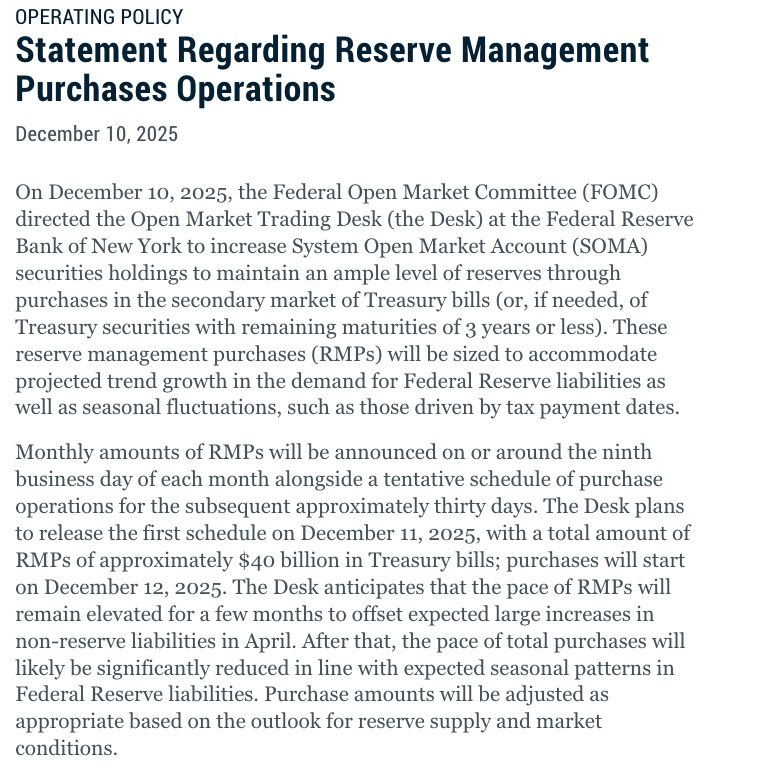my #WallStreetConsensus paper: escorting financial capital to SDG in Global South via (a) structural transformation of local financial systems and (b) state derisking PPP-based SDG assets (for demand, political, climate & liquidity risks)
osf.io/preprints/soca…
osf.io/preprints/soca…
cc @MiriamBrett @ma_jose_romero @crystalsimeoni @Kentikelenis @crystalsimeoni @squirrelista @BJMbraun @Frauke77487323
on the empirical side, paper explores the new World Bank Infrastructure Sector Assessment Programs
(InfraSAPs) for Egypt, Nepal, Sri Lanka and Vietnam to document proposed engineering of 'developmental/SDG assets'
(InfraSAPs) for Egypt, Nepal, Sri Lanka and Vietnam to document proposed engineering of 'developmental/SDG assets'

World Bank sees the COVID pandemic as a strategic opportunity for PPP-led infrastructure recovery plans, and is mobilising PPP offices in Global South for it
blogs.worldbank.org/ppps/how-world…
blogs.worldbank.org/ppps/how-world…

problem is that infrastructure PPPs around the world have been hit by demand risk, as you cannot charge user fees in lockdown.
WB answer: more derisking state, more infrastructure as an asset class, more #WallStreetConsensus

WB answer: more derisking state, more infrastructure as an asset class, more #WallStreetConsensus


#WallStreetConsensus flourishing in Brazil, pandemic be damned: highway PPP project signed in May 2020, financed by Singapore Sovereign Wealth Fund and Patria Investments (partly owned by Blackstone) 



the largest PPP in Cameron, the Nachtigal Hydro Power Company - a great example of Maximising Finance for Development - has a legal contract of 141 pages. 

and here is a distribution of risks, with the Government of Cameron (GoC) ticking a lot of boxes - the derisking state in action 

and the World Bank's new Next Generation Africa Climate Business Plan (July 2020) hardwires #WallStreetConsensus logic via Maximising Finance for Development + Green and Resilient Infrastructure
documents1.worldbank.org/curated/en/946…
documents1.worldbank.org/curated/en/946…

turns out what we really need to get trillions for public investment in SDGs is not elaborate financial engineering under #WallStreetConsensus, but euthanasia of the high-net worth individuals, via proper taxation regimes
https://twitter.com/MkBlyth/status/1281399296630366209?s=20
speaking of euthanasia, come Switzerland
https://twitter.com/ThetaRayTeam/status/1281348692935573505?s=20
in case you believed that COVID19 at least will give us better funded public health systems, think again: PPP practitioners around the world identify health as the most promising area post-pandemic 

Alston Report - an indictment of the #WallStreetConsensus
https://twitter.com/BernardsNick/status/1281879054426288130?s=19
another day, another @WorldBank blog calling for more state guarantees/derisking PPPs, now with a handbook for derisking
blogs.worldbank.org/ppps/using-gov…
blogs.worldbank.org/ppps/using-gov…

the environmental politics of the #WallStreetConsensus is to tie the hands of governments in the Global South either directly (environmental regulation = political risk) or indirectly (compensate PPP operators for new rules) 

guess which continent is sinking more fiscal resources in guaranteeing profits for private energy sector: Africa.
And private sector there means European and US companies. #CompactWithAfrica
cc @crystalsimeoni @wangkinoti @Frauke77487323 @squirrelista
And private sector there means European and US companies. #CompactWithAfrica
cc @crystalsimeoni @wangkinoti @Frauke77487323 @squirrelista

oh look what happens to PPPs in US higher education during pandemic times
https://twitter.com/CoreyGoergen/status/1290972265295810562?s=20
In this new capitalism, drmand risk - a problem for the state
https://twitter.com/CoreyGoergen/status/1290972277887111169?s=19
oh look, WB's COVID19 response is a rhapsody to PPPs h/t @ma_jose_romero 

in #WallStreetConsensus language games: feminist PPP electrification 'ensures that women and men are equal participants in the new power systems that are established through the arrival of microgrids'
nothing on users fees in this promotional material
blogs.worldbank.org/ppps/haiti-bri…
nothing on users fees in this promotional material
blogs.worldbank.org/ppps/haiti-bri…
what Earthsparks means by derisking renewable energy is exactly what the World Bank's Maximising Finance for Development proposes - the derisking state 

oh hello Wall Street Climate Consensus in Europe - didnt take long for World Bank to push PPP agenda in European Green Deal cc @nickshaxson @ma_jose_romero
blogs.worldbank.org/ppps/europes-g…
blogs.worldbank.org/ppps/europes-g…
derisking cocoa farming for private investors, another tale from the new Wall Street Consensus world - cc @squirrelista
ft.com/content/805cb1…
ft.com/content/805cb1…
these FT pieces on blended finance should be marked as marketing material, given the unfounded stories of successful PPPs it peddles 



when you move between the World Bank to the Ministry of Finance, what do you take with you?
the gospel of PPPs for Infrastructure as an Asset Class

the gospel of PPPs for Infrastructure as an Asset Class


indeed, highway PPP for Infrastructure as an Asset Class, financed by French asset manager Meridiam and derisked by Government of Kenya via Toll Fund
https://twitter.com/DavidNdii/status/1310920957993848833?s=20
Fernandez government in Argentina just rescinded two PPP contracts signed by Macri govt, documenting several irregularities through which private sector was milking public purse.
https://twitter.com/andreslerner90/status/1314169888307662848?s=20
I am running out of crazy eyes but meet TCX, where Dutch and German taxpayer money go into derisking exchange rates for local currency frontier bonds. 

this particular flavour of SDG development initiatives goes back to 2007
tcxfund.com/wp-content/upl…
@squirrelista
tcxfund.com/wp-content/upl…
@squirrelista

Let the energy market discipline the poor, but after it's milked government for subsidies
https://twitter.com/KateAronoff/status/1319686993010458626?s=19
public development banks in #WallStreetConsensus: less direct lending, more derisking for private finance
https://twitter.com/KGeorgieva/status/1327014701600006145?s=20
• • •
Missing some Tweet in this thread? You can try to
force a refresh













